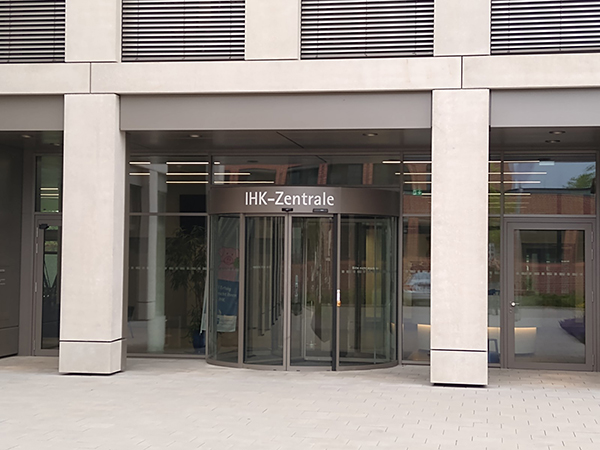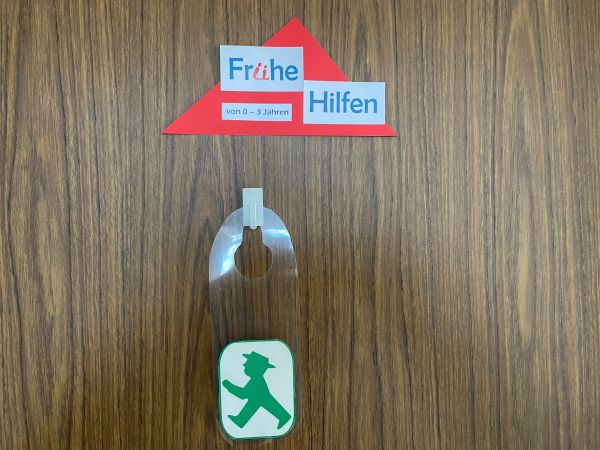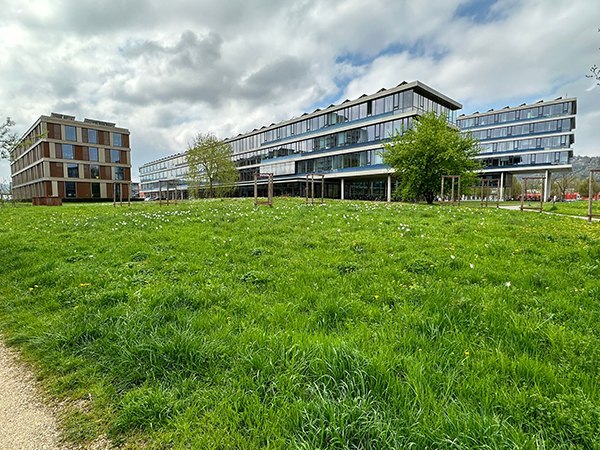Whether you’re a bricklayer, a baker or an office administrator: In order to work in these professions, you complete a dual vocational training program in Germany. During the training period, which lasts between two and three and a half years, the trainee alternates between the training company and the school. Every week, the trainees, colloquially known as “apprentices”, spend one or two days (depending on the educational institution) at a vocational school to learn the theory. On the other days, they work in the company. Apprentices are paid by the company for the duration of their training. Dual training is available for professions in the skilled trades, commerce, industry and administration.
There are around 330 recognized training courses in Germany, none of which are reserved for men or women only. Even the profession of midwife is open to young men. Formally, there are no prerequisites for starting a dual vocational training program. However, most applicants have the Mittlere Reife or at least a Hauptschulabschluss, some even Abitur. An initial overview of apprenticeship occupations can be found on the “Berufenet” page of the German Federal Employment Agency:
https://web.arbeitsagentur.de/berufenet/?path=null
Information can also be obtained from training fairs that are held regularly in various German cities. To find out which fairs are held, and when and where they take place, visit the website:
https://planet-beruf.de/veranstaltungen
Special information for migrants is available at:
https://www.make-it-in-germany.com/de/studium-ausbildung/ausbildung-in-deutschland/kann-ich-eine-ausbildung-machen
Trainees receive a monthly salary during their apprenticeship from the company where they work. The company concludes a vocational training contract with the student. On average, students earn 987 euros gross. The salary varies depending on the profession and regiont. A mechatronics technician, for example, earns an average of 1100 euros gross per month. Students’ salaries increase with each year of study and average about one-third of the starting salary of a trained professional. Part of this money is deducted for social security. Education at a vocational school is free of charge. If a student earns more than 10,908 euros per year, he or she must also pay taxes. Detailed information is available from the Federal Institute for Vocational Education and Training:
https://www.bibb.de/dienst/veroeffentlichungen/de/publication/show/10818
Dual vocational training usually begins on August 1 or September 1. Trainees are entitled to at least 24 working days or four weeks of vacation per year, but only during school vacations. After the first half of the program, students take an intermediate examination in which they show what they have learned in school and how they apply their knowledge in practice. The training ends with a final examination.
tun23021507
Die Industrie- und Handelskammer (IHK) in Reutlingen. Foto: tünews INTERNATIONAL / Martin Klaus.
001332




